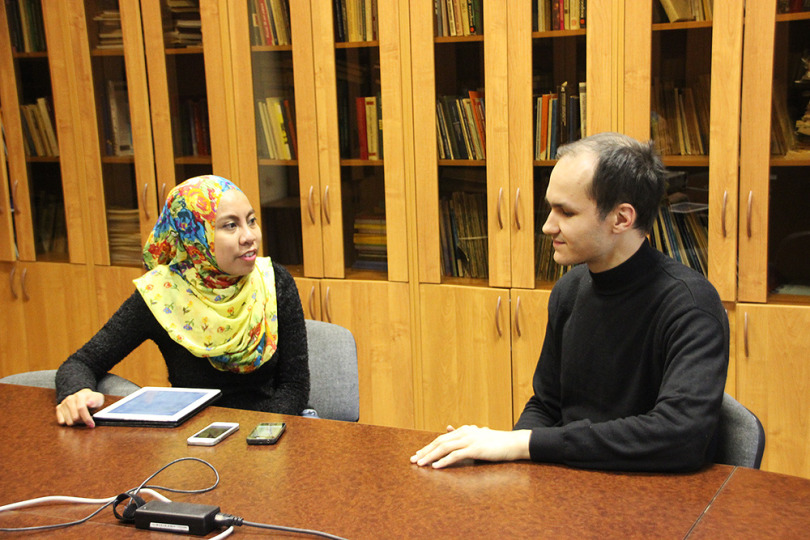Society
"Demographic Review"
Demographic Review" is a scientific peer-reviewed open-accessed journal, published quarterly in Russian and once a year in English. We consider the establishment of our journal an important event in the life of our professional community, as well as of the entire community of social scientists. The thematic research range is quite broad: demographic processes themselves and the bordering interaction areas of demography and other branches of social knowledge (economic, social, medical, historical, mathematical demography, population geography, etc.).We expect to see the papers of researchers from different Russian and foreign scientific centers on the pages of the "Demographic Review". We want to make a good journal and this can only be done together.We also hope to find an interested reader who cares about the demographic problems of the country and the world. We hope, dear readers, for your response and fruitful dialogue with you.

Vladimir Kozlov: The Immigrant Discrimination Issue Could Get Solved
"Vladimir Kozlov is a graduate of Lomonosov (Moscow State University). He has finished both his undergraduate and doctoral degrees there. He currently teaches demography studies as an Associate Professor for the Masters program at the HSE’s Public Policy Department. I have come to know him since my doctoral studies involve the study of demography." Wanda Umagapi
Traditional Family is in Revival
The Russian family has been becoming more demographically heterogeneous over recent years. Some of the families follow the trend of having many children: women more often give birth to a third and fourth child, and the gap between births is decreasing, which makes the evolution of the family faster. At the same time, younger generations are inclined to postpone marriage and having their first child, which leads either to later motherhood or to childlessness. This means that two opposite trends are developing; along with the growing share of ‘Western-type’ families, with postponed parenthood and fewer children, there is a revival of the traditional family with more children,Sergey Zakharov, Deputy Director of the HSE Institute of Demography, reported.

